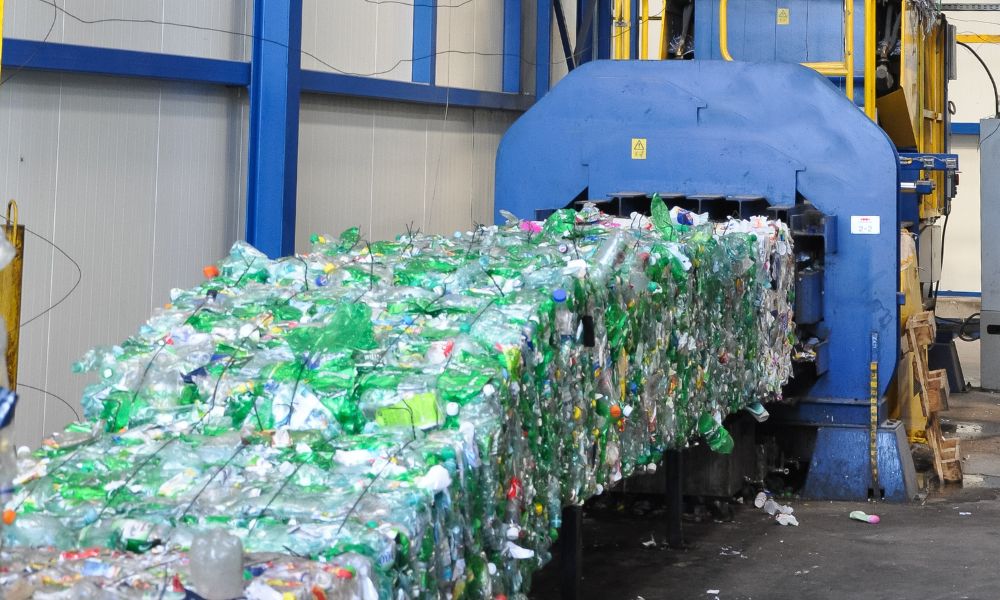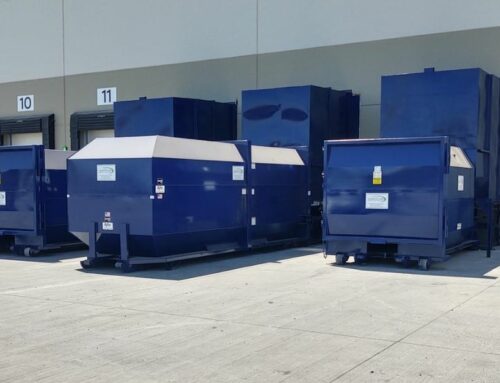
Environmental consciousness is a main focus in today’s world, and recycling plays an important role in reducing waste and conserving resources. Recycling balers are essential in this process, as they enable businesses and facilities to efficiently process recyclable materials.
Like most machines, recycling balers can suffer from wear and tear, and regular maintenance is crucial to ensure their optimal performance. To keep your business thriving and your equipment functional, you should review these signs that your recycling baler needs repairs so that you know how to tackle any problems before they escalate.
Unusual Noises
Recycling balers typically make a steady, rhythmic sound while creating a bale. That said, unusual noises like grinding, squealing, or banging likely indicate that something is wrong. These noises could point to problems with the motor, belts, or other internal components. Ignoring these sounds could develop other issues that could potentially lead to more extensive damage over time.
Hydraulic System Problems
The hydraulic system is the heart of a recycling baler, responsible for generating the pressure needed to compress materials into bales. If you notice leaks around the hydraulic lines, a sudden drop in pressure, or slower-than-usual baling cycles, it’s time for a repair. Hydraulic system issues can worsen quickly, impacting the baler’s overall performance and potentially causing operator safety issues.
Electrical Glitches
A vertical baler machine often incorporates advanced electronic controls to streamline operations and enhance safety. If you encounter frequent electrical glitches, such as error messages on the control panel, sudden shutdowns, or unresponsive buttons, there might be an underlying electrical problem. Addressing these issues is essential to ensure safe, reliable baler operation and prevent potential accidents.
Decreased Baling Efficiency
One of the main signs that your recycling baler needs repairs is a decrease in baling efficiency. If you notice that the baler is taking longer than usual to compact materials or producing smaller and less tightly packed bales, it could be a sign of underlying mechanical issues. Reduced efficiency will affect productivity and lead to higher operational costs from increased energy consumption.
Excessive Wear on Baler Components
Regularly inspecting the baler’s components can provide valuable insights into its overall health. Excessive wear and tear on components like belts, chains, and shearing blades can indicate the need for repairs. Worn-out components compromise the baler’s efficiency and pose safety risks to operators. Engaging in proactive maintenance and replacing worn parts can extend the lifespan of your recycling baler and help prevent costly downtime.
Recycling balers are crucial tools for facilities aiming to contribute to sustainable waste management. A vertical baler machine is a perfect solution for most businesses because it takes up less space, is cost-effective, and manages various recycling materials. Recognizing the signs that your baler requires repairs is essential to maintaining its efficiency, extending its lifespan, and ensuring the safety of operators.



